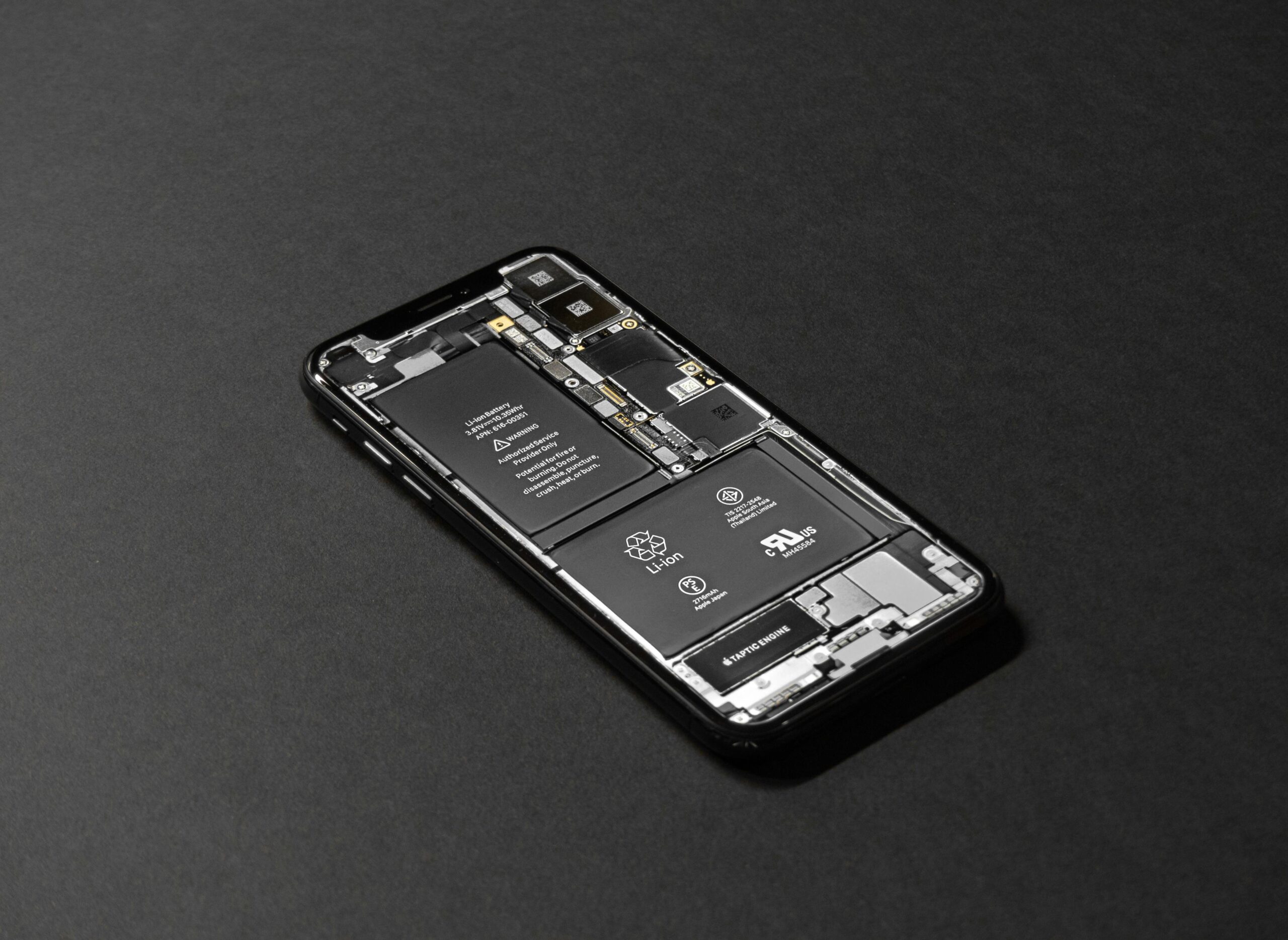In today’s fast-paced world, our reliance on smartphones, laptops, and other rechargeable devices is greater than ever. With that comes the age-old question: Does the battery get “addicted” or “spoiled” if not charged correctly? The idea that a battery develops a “memory” and loses its efficiency over time due to improper charging has been a common belief for decades. But is there any truth to it? Let’s explore the science behind battery performance, dispel myths, and understand how to maximize battery lifespan.
The Origin of the Battery Memory Effect Myth
The belief that batteries can “get addicted” or develop a “memory effect” dates back to the era of nickel-cadmium (NiCd) and, to a lesser extent, nickel-metal hydride (NiMH) batteries. These types of batteries exhibited a real phenomenon where their maximum charge capacity decreased if they were repeatedly recharged before being fully depleted. Essentially, they “remembered” the smaller charge cycle and adjusted their capacity accordingly.
However, modern lithium-ion (Li-ion) batteries, which are found in most of today’s smartphones, laptops, and electric vehicles, function differently. They do not suffer from the same memory effect, making the notion of battery “addiction” outdated.
How Lithium-Ion Batteries Actually Work
To understand why lithium-ion batteries do not develop a memory effect, it’s important to grasp their basic chemistry. Li-ion batteries store and release energy through the movement of lithium ions between the positive and negative electrodes.
Unlike NiCd and NiMH batteries, Li-ion batteries do not “remember” previous charge cycles. Instead, their lifespan is primarily influenced by the number of charge cycles (a full charge cycle is 0% to 100%) and the way they are maintained. Factors such as temperature, depth of discharge, and charging habits play a far more significant role in battery health than any so-called “addiction” to a charging pattern.
Common Battery Myths and the Truth Behind Them
Myth #1: You Must Fully Discharge a Battery Before Charging Again
Truth: This was true for older NiCd batteries but is harmful for Li-ion batteries. Deep discharges (draining the battery to 0%) can stress Li-ion cells and shorten their lifespan. Instead, keeping your battery between 20% and 80% is ideal for longevity.
Myth #2: Keeping Your Phone Plugged in Overnight Damages the Battery
Truth: Modern smartphones are designed with smart charging technology that stops drawing power once the battery is full. However, continuously keeping the battery at 100% can cause minor stress on the cells over time. If possible, unplugging once fully charged can slightly extend its lifespan.
Myth #3: Fast Charging Degrades the Battery Faster
Truth: While fast charging generates more heat, which can degrade a battery faster in the long run, manufacturers design fast-charging technology to minimize damage. Using an official or high-quality charger designed for your device ensures safe fast charging.
Myth #4: Using Your Phone While Charging Damages the Battery
Truth: Using your device while charging does not directly harm the battery. However, intense activities like gaming can generate extra heat, which, over time, may contribute to battery wear.
How to Extend the Life of Your Battery
If you want to keep your battery in top condition for as long as possible, follow these best practices:
- Avoid extreme temperatures: Heat is the biggest enemy of Li-ion batteries. Keep your device cool and avoid leaving it in direct sunlight.
- Charge in smaller cycles: Instead of waiting until 0%, try charging your battery when it drops to 20%-30% and unplug it around 80%-90%.
- Use the right charger: Always use manufacturer-approved or certified chargers to prevent potential battery damage.
- Enable battery-saving features: Many smartphones have built-in battery optimization settings that help reduce strain on the battery.
- Store properly if not in use: If you’re not using your device for an extended period, keep the battery charged at around 50% and store it in a cool, dry place.
By following proper charging practices and maintaining optimal battery conditions, you can significantly extend the lifespan of your device’s battery. So, next time someone tells you that your phone will “get used to” a specific charging routine, you’ll know the real science behind it.
Photo by Tyler Lastovich

















































































